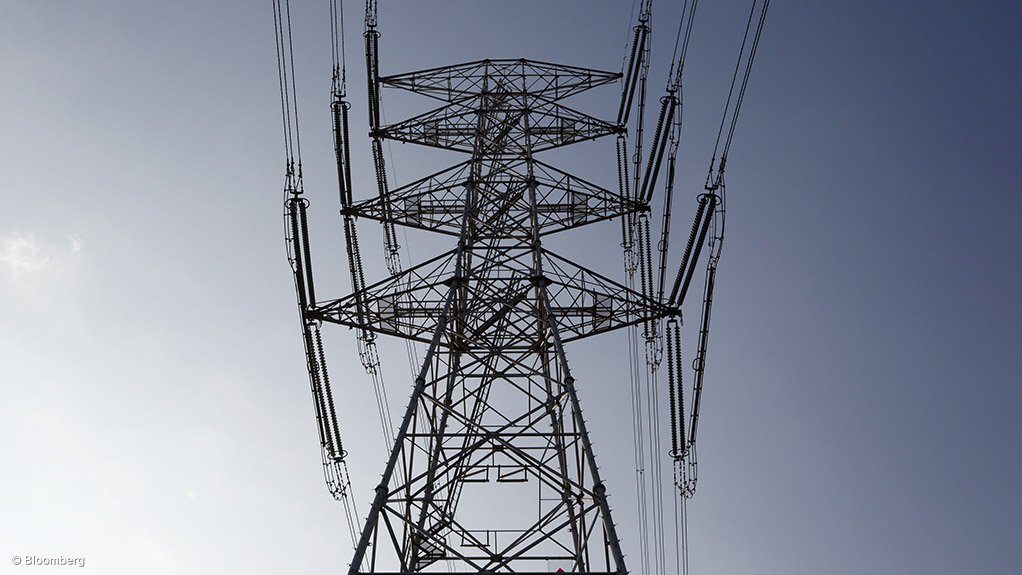Trade union Solidarity believes State-owned power utility Eskom does not share Deputy President Cyril Ramaphosa’s views that the struggling parastatal needs to ensure that the right skills are attracted, regardless of race.
In an open letter to Ramaphosa regarding Eskom’s proposed employment equity plan, Solidarity CE Dirk Hermann said the Deputy President’s response to questions in the National Assembly last week was a beacon of hope for “Eskom workers in a sea of uncertainty”.
In a Solidarity survey, 77% of respondents were uncertain about their jobs, while 81% of respondents said their career prospects were made more difficult by racial representation.
“We have, I must admit, lost quite a number of skilled people in Eskom, and the race is now on to attract as many more skilled people as possible within Eskom. And yes, to go on merit, not to go on skin colour,” Ramaphosa had said in his reply last week.
However, Hermann highlighted that Eskom’s intention to implement a new employment equity plan from April 1, this year, to March 31, 2020, was threatening job security and skills retention. “Eskom’s target in its draft plan, that 3 400 skilled white workers need to somehow be replaced by 2020 does nothing to assuage their fears and uncertainties,” he pointed out.
“At the outset of the consultation process, Eskom has presented the consulting parties with a draft plan. The draft plan sets numerical goals and targets for business units/operating units, as well as divisional and national numerical goals and targets.
“In setting numerical goals and targets for business units/operating units, Eskom used regional (provincial) early assessment programme data. Eskom used the national racial demographics for setting all divisional and national numerical goals and targets,” Hermann said.
He added that Eskom did not consider any other factor, as set out in the relevant Code of Good Practice. “Of paramount importance, is that Eskom, in setting numerical goals and targets, has failed to take into consideration the pool of suitably qualified individuals from which it can expect to appoint and or promote individuals.
“Therefore, in terms of this draft plan, there is no place whatsoever for merit, experience, qualification and skills. Eskom relies on the economically active population as the sole criteria in setting numerical goals and targets. No regard is made to the pool of suitably qualified individuals from which Eskom can expect to promote or appoint from, and or any other relevant factor,” Hermann stated.
Further, he noted that, since the start of the consultation process, Solidarity had attempted to persuade Eskom to take into account all relevant factors in setting numerical goals and targets in the employment equity plan.
“We have consistently sought to point out that the consideration of other factors is supported by both the Employment Equity Act (EEA) as well as the Code of Good Practice on employment equity plans,” he said, adding that “regrettably, Eskom has refused outright to engage on this issue and has persisted in its pursuit of racial targets”.
Hermann stated that Eskom bluntly refused to engage Solidarity’s negotiating team on the critical issue of the skills on offer, the retention of skills and the electricity crisis. “It fails to grasp that its numerical goals and targets are irrational and that the pursuit and enforcement of these targets will not result in rational outcomes.
“A direct consequence of this will be a further exodus of skilled individuals and a racial limit on the appointment and or promotion of critically needed skilled individuals, regardless of race,” Hermann averred.
He further implored Ramaphosa to take the “necessary steps” to ensure that the sentiments he expressed in Parliament were, in practice, given effect to by Eskom.
Hermann called on the Deputy President to intervene so that Eskom ensured that, when setting numerical goals and targets in pursuit of the provisions of the EEA, specific reference would be made to the pool of suitably qualified individuals from which it could expect to promote and/or appoint personnel.
He added that the available pool of qualified individuals had to inform the appointments or promotions that Eskom would make and when Eskom appointed or promoted a person, that person would be considered suitably qualified in terms of Section 20 of the EEA, only if such a person met the minimum requirements of the job in question.
“We request that you use your influence at the Eskom war room to ensure that an audit of the morale of Eskom workers be done as soon as possible. We request that the war room also deal with the critical issue of low worker morale, demotivation and uncertainty among all races,” he concluded.
EMAIL THIS ARTICLE SAVE THIS ARTICLE
To subscribe email subscriptions@creamermedia.co.za or click here
To advertise email advertising@creamermedia.co.za or click here











